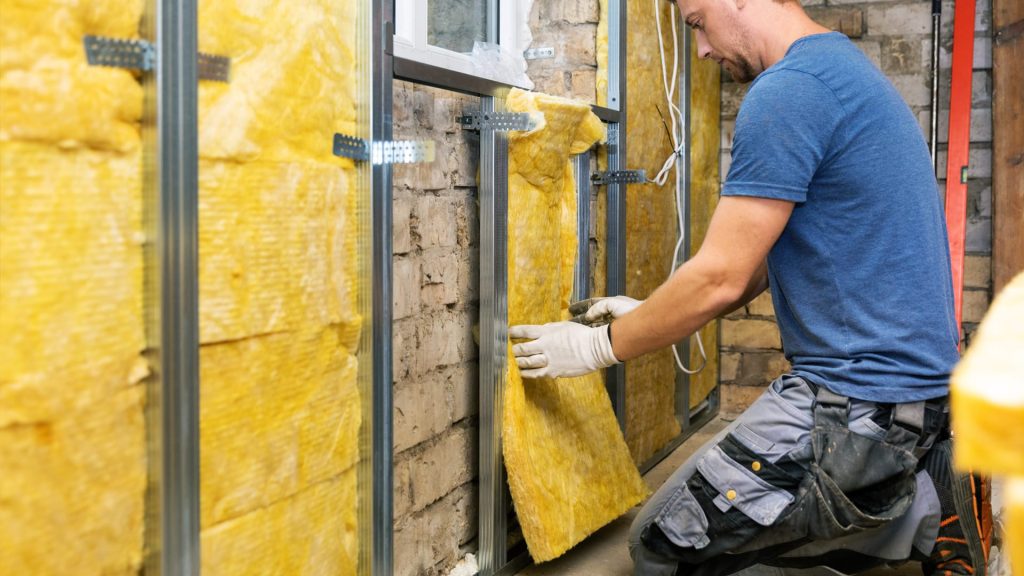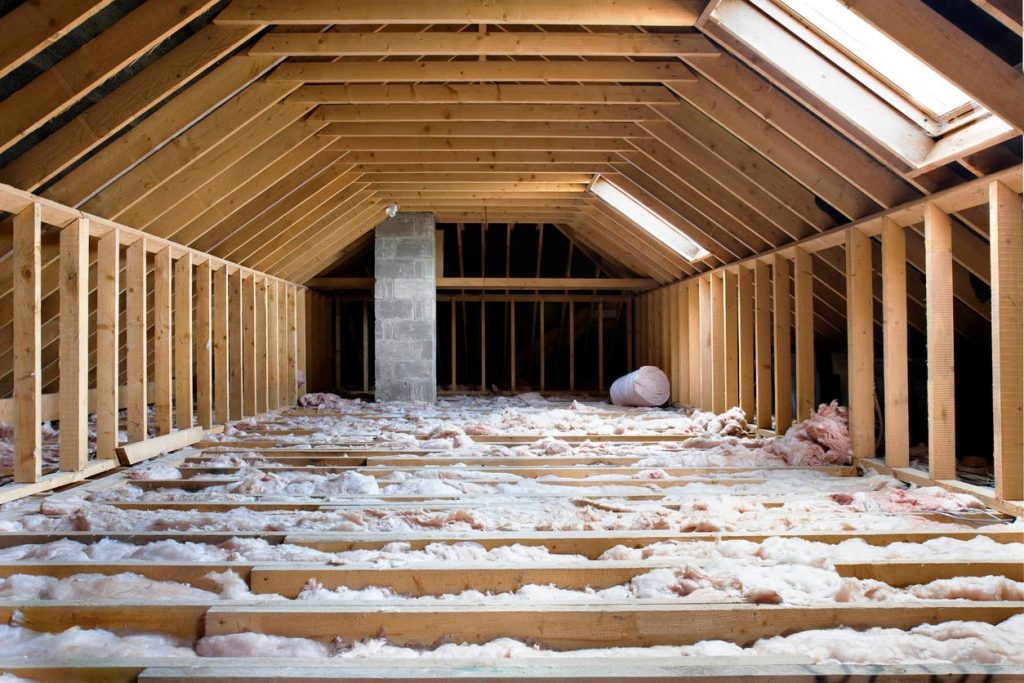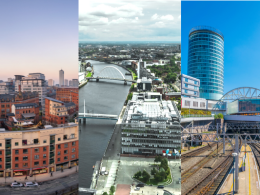Energy Campaigner Calls for Clarity on UK Insulation Scheme Amid Rising Energy Bills
Environmental scientist and founder of the One Home campaign, Angela Terry, has urged the UK government to end confusion and delays surrounding its Great British Insulation Scheme. The scheme, designed to help homeowners with energy bills that have doubled since 2020, has been delayed by almost a year due to rebranding.
The latest price cap announced by Ofgem will reduce energy bills by £426 annually for a typical household, bringing the cost to £2074. However, this is still twice the cost of energy bills two years ago, which stood at £1277. Experts do not anticipate tariffs falling to 2020 prices within the next decade.

Terry warns of a decade of winters with high bills, stating, “Insulating lofts would help owners and renters to cut annual energy costs by up to £355 for a typical semi and cost £460 to install if you DIY. But the Government has delayed the launch of its grant scheme by almost a year while it rebrands. It might be hot outside but people need help now to prepare for winter.”
The Energy Price Guarantee (EPG), which caps a typical household’s energy bill at £2,500 a year, ends in June, meaning many won’t benefit from any drop in energy prices. The government has paid nearly £40 billion to households for energy bills over the cold months, but Terry argues that this is effectively “paying to stand still.”
The UK has the oldest and leakiest housing stock in Europe, with less than two per cent of homes scoring top in energy efficiency rankings. The number of homes being insulated fell by 42 per cent year-on-year in 2022, a 98 per cent drop from levels seen in 2012.

The Eco+ scheme, launched by Business and Energy Secretary Grant Shapps in November 2022, promised funding for loft and cavity wall insulation to prevent energy loss. The scheme, which pledged £1 billion in funding to extend support to those not benefitting from existing upgrade grants, was delayed to summer 2023 due to rebranding as the Great British Insulation Scheme and changes in eligibility criteria.
Terry criticises the government’s handling of the scheme, stating, “Insulation is a relatively simple DIY job and one of the most effective ways of saving money on energy bills but it appears too complicated for the Government to offer help to those who really need it.”
Under government plans, the majority of homes will need to reach an energy performance certificate (EPC) rated C by 2035, meaning more than two-thirds will need to pay for insulation improvements. Citizens Advice recently warned that the cost of improvements needed to meet net zero would be “unmanageable for many without significant changes to either the cost of improvements or the financial incentives.”









